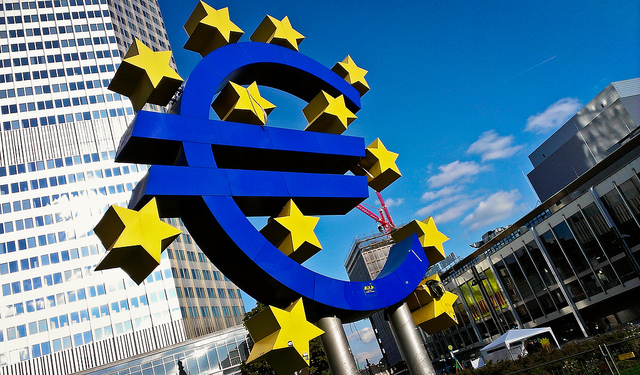The European Commission has this week published the first in a series of legislative proposals as part of the Multiannual Financial Framework post 2020. According to the Commission the new proposals aim to harmonise economic and social disparities across the EU, while providing the foundations for strong and sustainable growth and encouraging greater expressions of solidarity.
The legislative sectoral proposals for spending programmes include the European Regional Development Fund (ERDF), the Cohesion Fund (CF), and the European Social Fund Plus (ESF+). More sectoral initiatives will be presented over the next two weeks.
The ERDF targets specific regions and themes to reduce inequalities by investing in jobs and growth programmes. The Cohesion Fund aims to contribute to the overall objective of strengthening economic, social and territorial cohesion of the Union. Together, the ERDF and CF provide significant investment into developing regions and constitute a budget of €373 billion.
The ESF+ places an emphasis on investing in people, supporting the European Pillar of Social Rights in its aim of creating a more inclusive and fairer European Union. By merging current funds and programmes and pooling resources, the ESF+ hopes to develop a more coherent and integrated approach to creating social inclusions policies, with a budget of €101.2 billion. In particular, the Commission has expanded the remit of the ESF+ to include integration programmes, as part of a broader social inclusion policy.
In its proposals for the future budget, the EU is attempting to address issues of bureaucracy and reduce the administrative burden both for Member States and beneficiary organisations. Monitoring and reporting requirements will be significantly reduced and data collection requirements simplified. As such, it is anticipated that new funding programmes will have less red tape, allowing more flexibility for beneficiaries to apply for and access grants.
Speaking at a press conference on Wednesday, Věra Jourová, Commissioner for Justice, Consumers and Gender Equality commented, “At a time where European societies are confronted with extremism, radicalism and divisions, it is more important than ever to promote, strengthen and defend justice, rights and EU values. NGOs and civil society play a crucial role in standing up for these European values.”
Commissioner for Employment, Social Affairs, Skills and Labour Mobility, Marianne Thyssen added, “We need to show solidarity with the vulnerable, with the most deprived, with migrants who have the right to stay. It is what makes us human.”
For further information:
- ECRE, ECRE Policy notes: The Price of Rights, May 2018
- ECRE, European Commission published proposal for the EU’s next multi-annual budget, May 2018
Photo: (CC) Chris Goldberg, October 2012
This article appeared in the ECRE Weekly Bulletin . You can subscribe to the Weekly Bulletin here.

